Year 2020 news
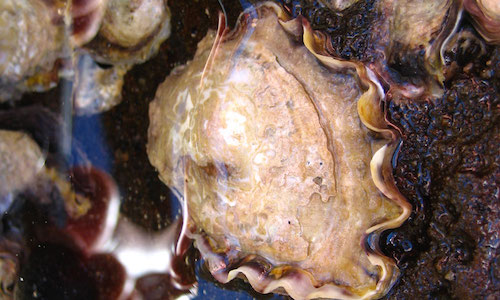
A new project on application of satellite ocean colour to the Oysters Aquaculture
December 2020
RSSRG has been awarded a project by the SmartSAT Cooperative Research Centre (CRC) (lead CI D. Antoine). This is a pilot project that is going to explore the potential of satellite ocean colour remote sensing in helping the oysters aquaculture Industry to identify potential future sites for growth of their activity, and for monitoring in real time the water quality on the farming sites.
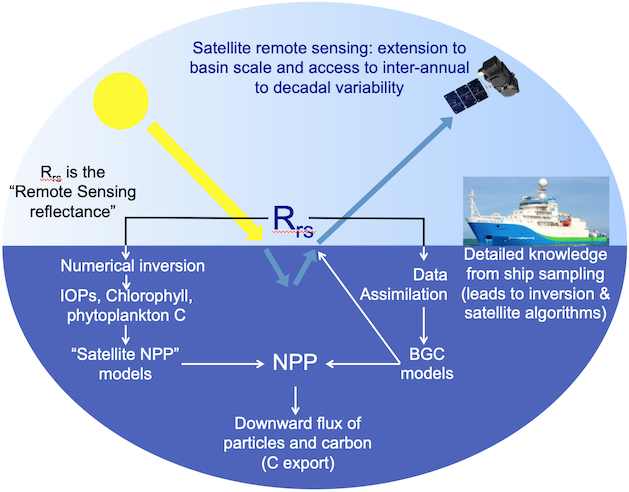
New RSSRG success with the ARC discovery scheme
November 2020
RSSRG has been awarded an ARC Discovery project (2021 round, D. Antoine lead CI), entitled “Why ocean deserts matter: Phytoplankton carbon and productivity in oligotrophic waters of the Indian Ocean”. This project will analyse data collected during our 2019 research voyage on R/V Investigator, with the main objective of reassessing the role of oligotrophic oceans in the global ocean carbon cycle.
More soon on our web pages.
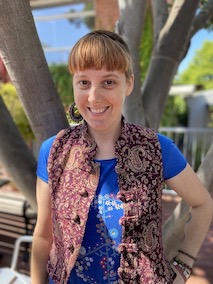
A new staff member joins RSSRG
November 2020
Dr Eriita Jones has joined RSSRG as a part-time Research Fellow, working on a project funded by the Western Australian Satellite Technology and Applications Consortium (WASTAC) Small Grants Scheme. The project is going to look at the connection between Land Use Land Cover (LULC) and water quality in Estuaries of Western Australia, using satellite remote sensing. It includes collaboration with the WA Department of Water and Environmental Regulation (DWER)
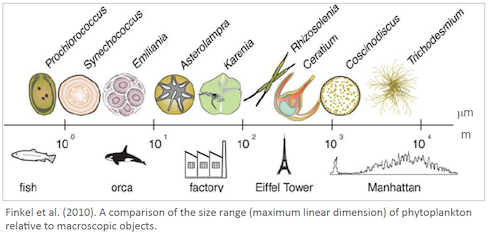
A PhD grant available to work with us
August 2020
RSSRG proposes a PhD project on mapping phytoplankton functional types in the seas around Australia. The selected candidate would get a Curtin scholarship to do this work as part of RSSRG’s activities.
Hurry up!!
deadline for application is 1st September.
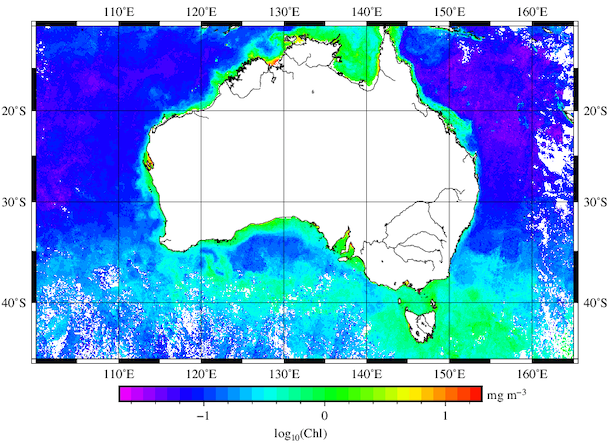
RSSRG wins an IMOS “New Technology Proving” grant
July 2020
RSSRG got selected for funding as part of the IMOS 2020 “New Technology Proving” call. The funded project is named Seamless and future-proof satellite ocean colour data for Australia, and is about generation of multi-sensor gridded ocean colour satellite products for Australia seas.
More soon on our web pages.
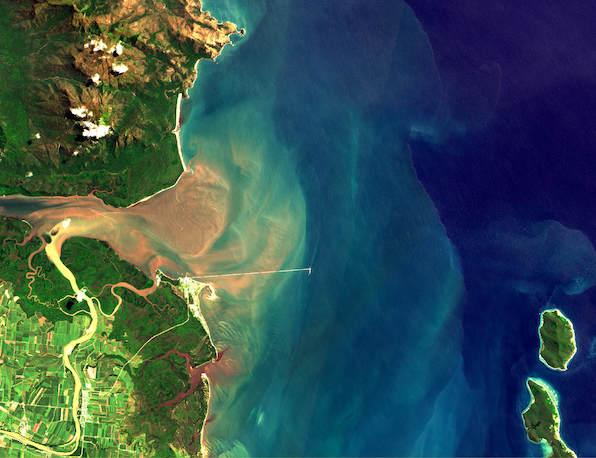
A bundle of RSSRG’s grants!
June 2020
RSSRG members have won 3 grants from the recent WASTAC small grant call. One project is about remote sensing of flowers in WA related to honey harvesting (lead P. Fearns/T. Campbell), another one about cloud climatologies for Australia (lead M. Lynch) and still another one about the links between land use and land cover (LULC) and water quality in WA estuaries.
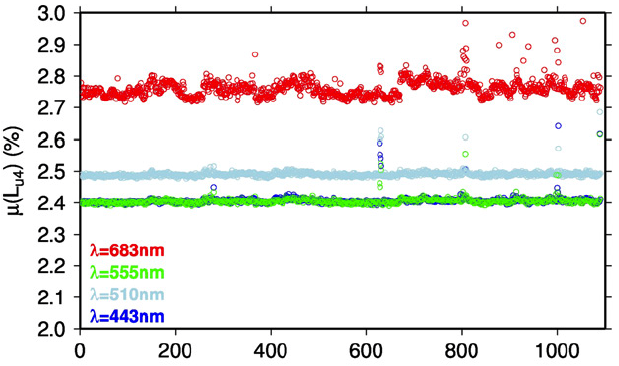
Measurement uncertainties and Monte Carlo methods
April 2020
RSSRG has published an innovative paper in the Journal of Atmospheric and Oceanic Technology (American Meteorological Society), where Monte carlo techniques are used in assessing uncertainties in measurements of under-water radiometric quantities, avoiding approximations normally impairing such assessments when dependencies among multiple sources of uncertainties are ignored.
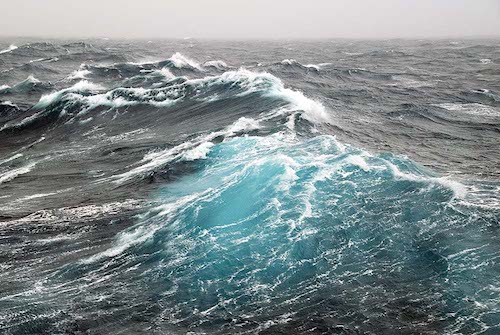
RSSRG part of a winning bid to the ARC Special Research initiative on Excellence in Antarctic Research
April 2020
RSSRG is part of a large consortium of Australian Universities, research intitutions and international partners in a successful bid to the Australian Research Council’s Special Research Initiative (ARC SRI) in Excellence in Antarctic Science, announced by the Minister for Education on 21 April. This project, led by the University of Tasmania, has been awarded $20 million over three years to establish the Australian Centre for Excellence in Antarctic Science, …
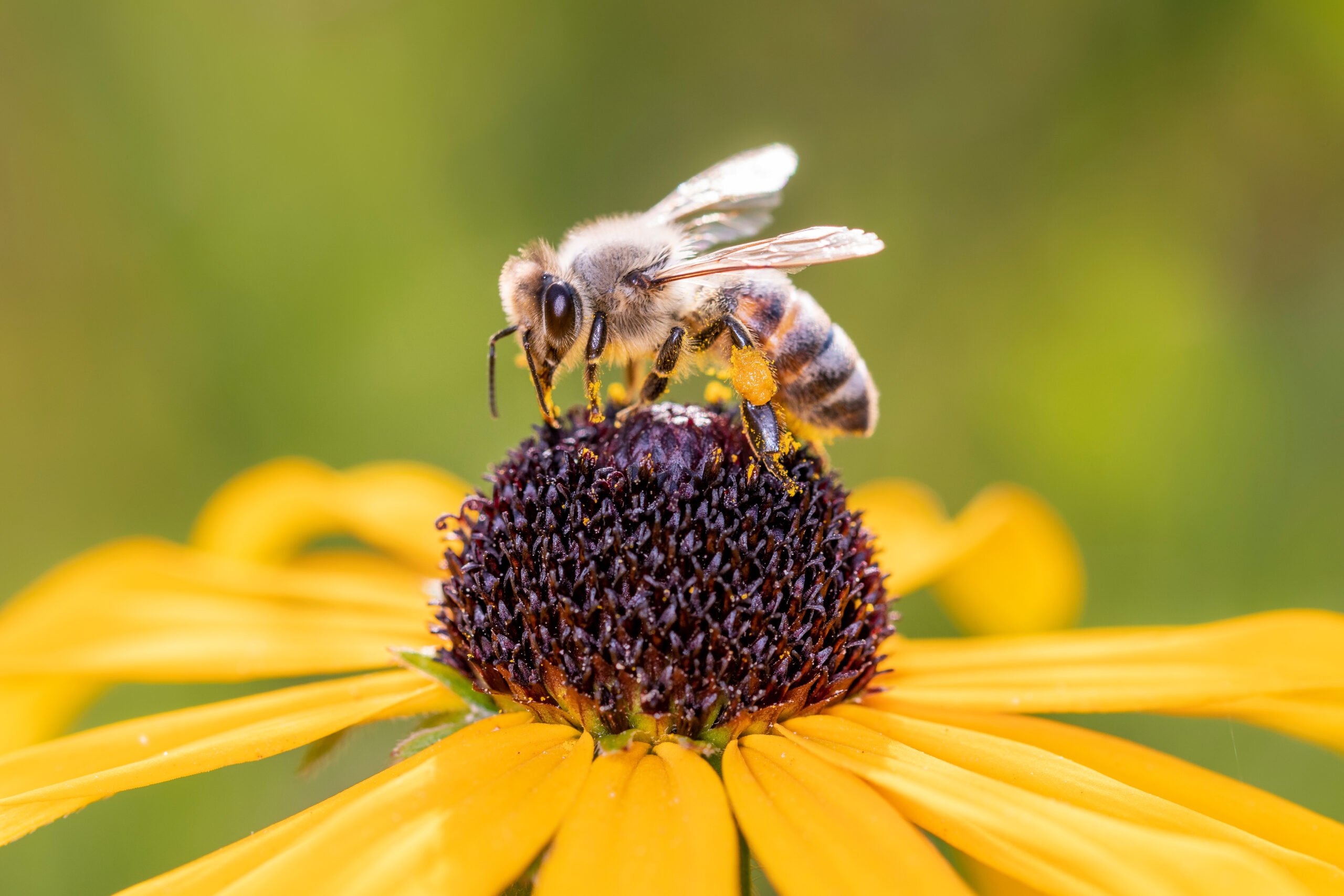
Bee’s and remote sensing
April 2020
Tristan Campbell, who is close to completing his PhD with Peter Fearns RSSRG, has published a paper in the Remote Sensing journal, where they predict honey harvests in SW of Western Australia using machine learning and remotely-sensed observations.
Really innovative stuff!
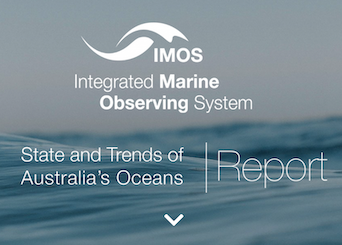
IMOS STAR task team report published
March 2020
The IMOS community formed a task team who worked in 2018/19 on analysing IMOS data to assess state and trends of Australia’s marine environments. The report is now published.
RSSRG co-authored 2 chapters on the spatial and seasonal trends in chlorophyll-a and phytoplankton around Australia. Both chapters utilise data products from the NASA MODerate resolution Imaging Spectroradiometer (Aqua-MODIS) satellite.
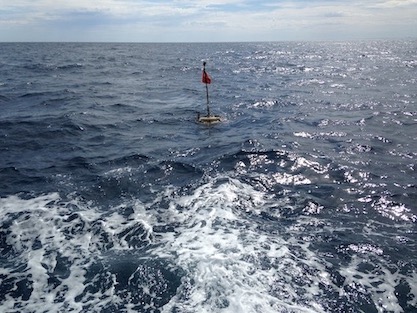
Thetis redeployed!
March 2020
RSSRG’s Thetis profiler has been redeployed off Rottnest island on 5th March 2020, as part of our IMOS satellite ocean colour sub-facility work.
The Thetis, which is an instruments package named after a sea nymph in Greek mythology, allows studying the chemical, physical, optical and biogeochemical properties of waters off the West coast of Perth. It also provides field data in support to the validation of international satellite ocean colour missions (e.g., the European Space Agency Sentinel3/OLCI).
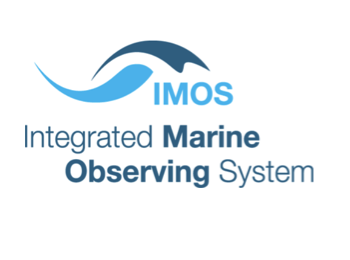
IMOS 2020 Annual Planning Meeting, Hobart
March 2020
IMOS has been having planning meetings every year since inception. These meetings are the occasion for the community involved in IMOS to gather, to assess the status of the programme, and to plan for the future.
In 2020 the focus was on the strategy refresh that will happen in 2020, and also on improving engagement with IMOS stakeholders
This year RSSRG reported on the WA IMOS node activities and on the STAR task team work.
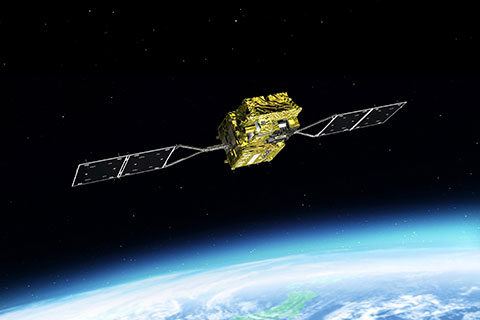
JAXA Annual GCOM-C PI meeting, Tokyo, 20-23 January 2020
January 2020
We delivered a presentation on the progress of our activities under JAXA (Japan Aerospace Exploration Agency) funding for the GCOM-C mission.
The GCOM-C mission is among JAXA’s flagships. It carries the Second-Generation Global ocean colour Imager (S-GLI)
We deliver field data to JAXA, which they incorporate into the vicarious calibration of the sensor